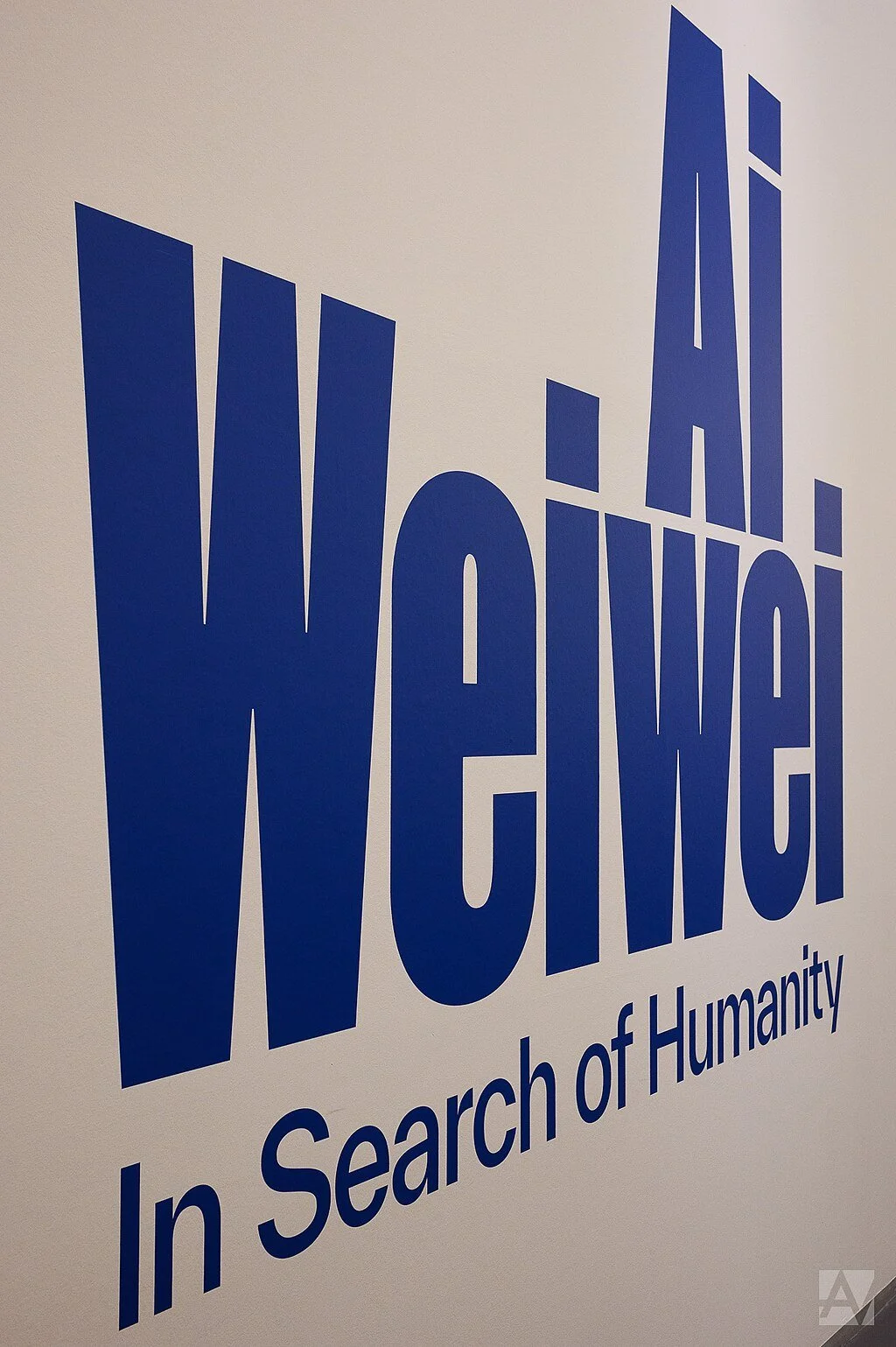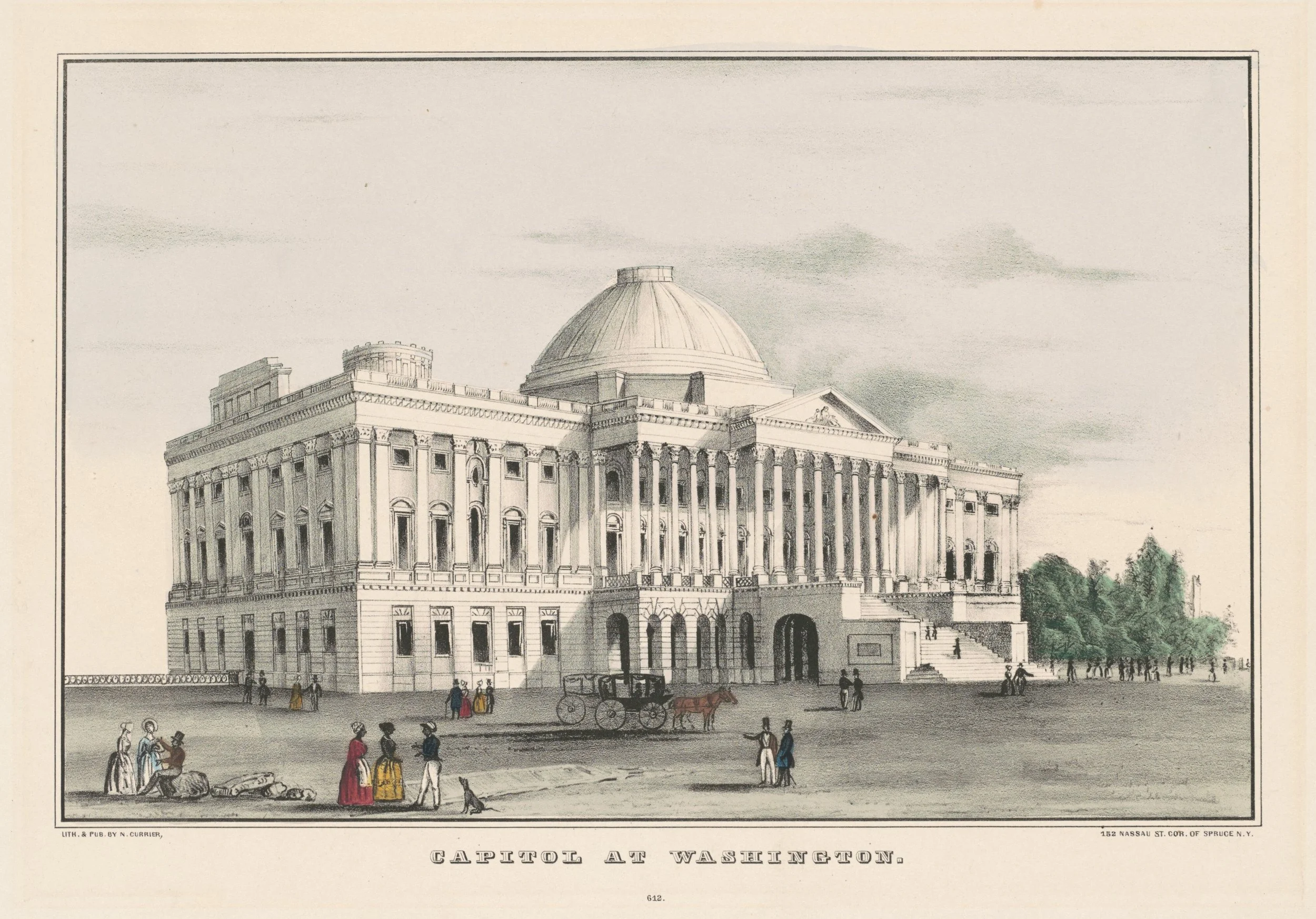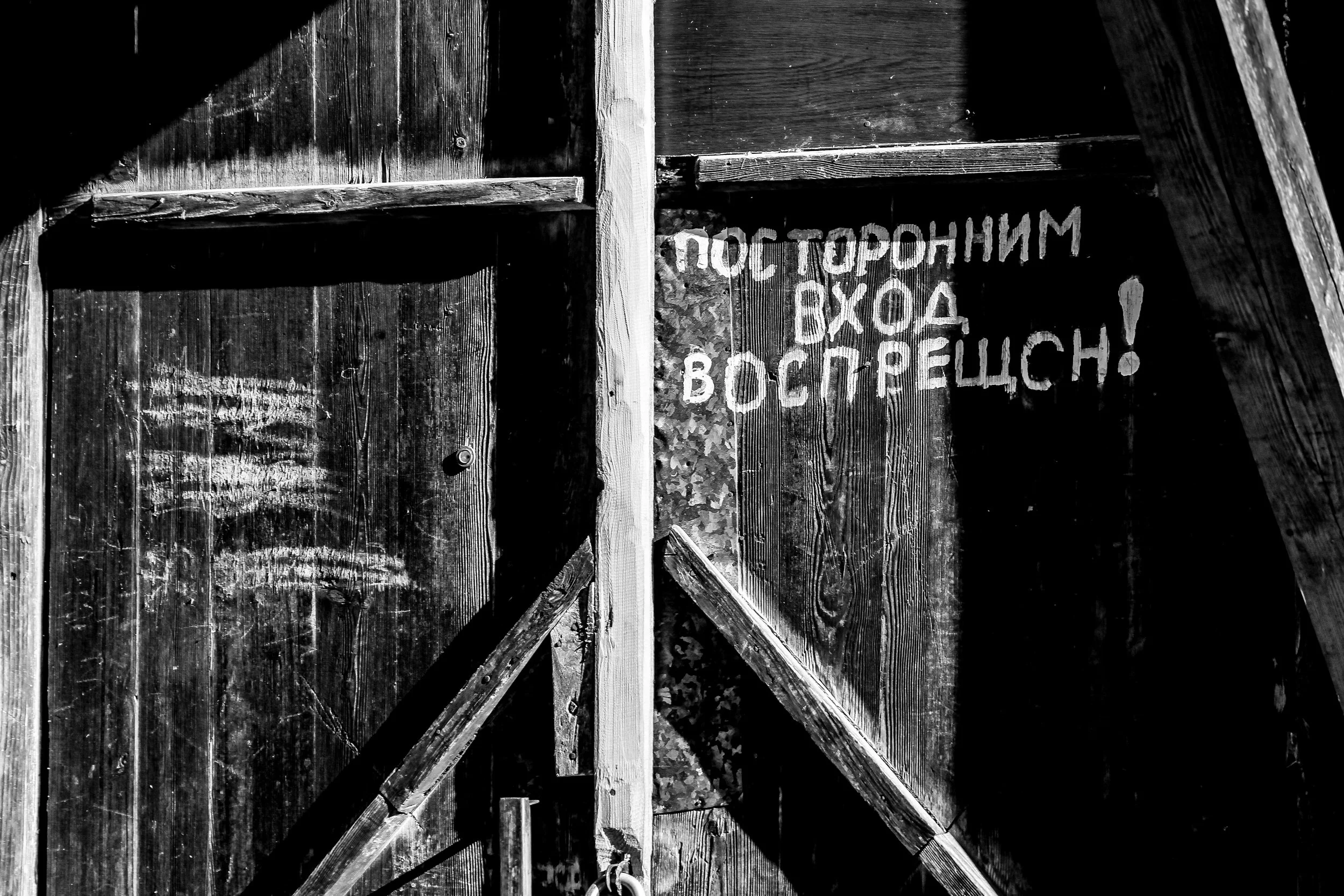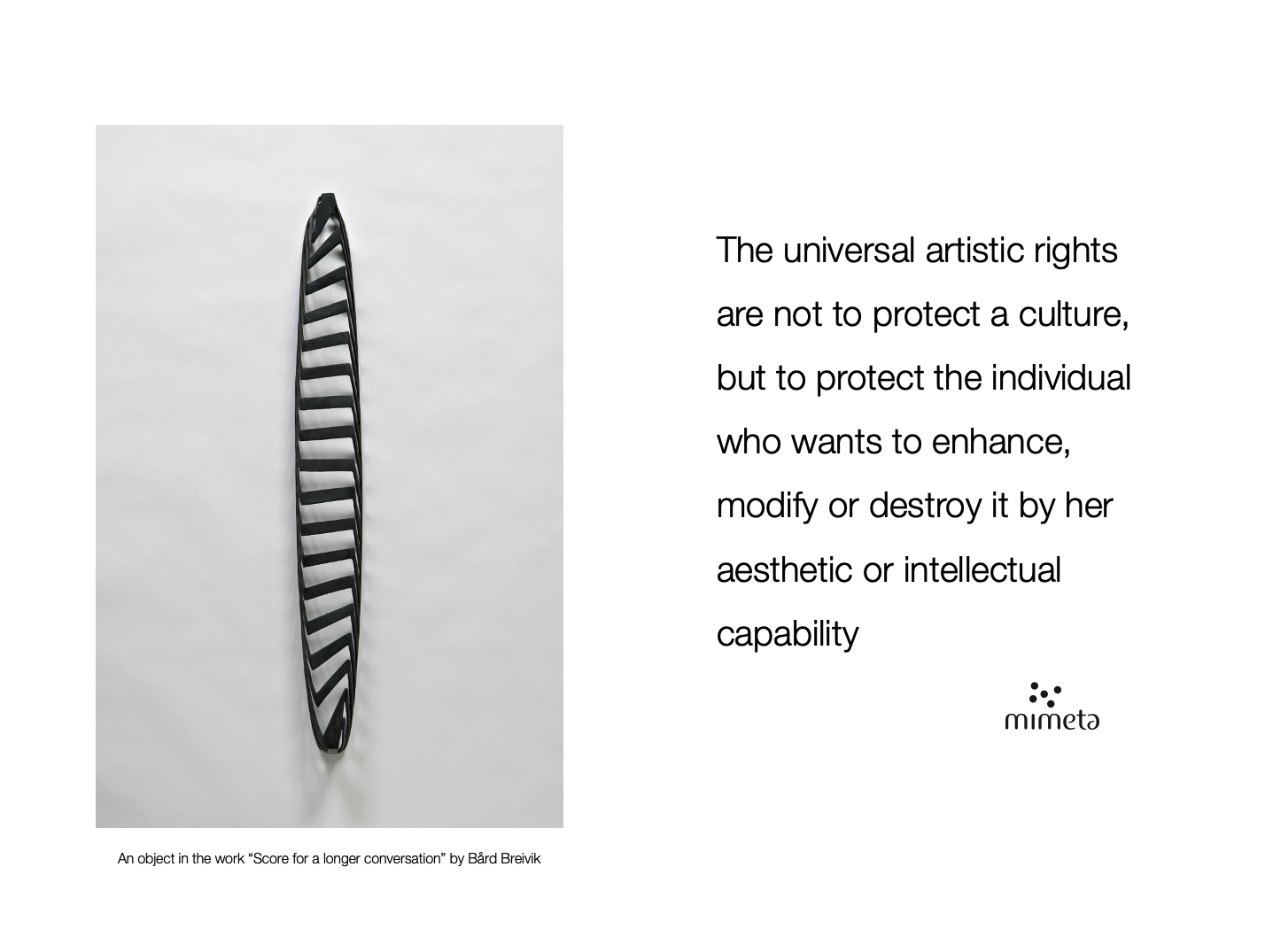on Art Censorship, Harassment, Protest & Politics
Early 2025 Mimeta launched the Memos on Censorship of Arts. They span the globe, from artists silenced by authoritarian regimes to grassroots movements reclaiming creative space. We report on theatre closures, banned books, cultural protests, and the persistent erosion of artistic freedom.
How can AI help defend artistic freedom worldwide?
45 of our recent Memos on Censorship was analysed by the AI Platform. Read the interesting results, says Cato Litangen, Mimeta.
We analyzed 45 of the latest censorship cases published on Mimeta Memos, using an advanced AI-powered platform that goes far beyond simple text summaries. By understanding meaning, context, and relationships across languages, the system connects who did what, where, and when, revealing patterns across countries and time.
Through descriptive, diagnostic, predictive, and prescriptive analysis, this approach:
✔ Identifies shared censorship tactics
✔ Highlights emerging global risks
✔ Supports evidence-based responses
✔ Strengthens protection strategies for artists
Read the reports here.
Latest Memos:
Menu for Memos:
It is much about silencing arts
Read our comprehensive feed of Memos on Censorship, Harassment, Protest & Politics
Visit Civsy.ai
This is a platform designed for reporting and analysing violations related to artistic and civic rights. Visitors to the Civsy site can actively participate by searching for cases, submitting their own incident reports, and analysing real data on censorship and civic rights violations. The platform enables users to contribute documentation, access up-to-date information based on verified reports, and connect with networks working for greater transparency and protection of freedoms. Read more on Civsy.com
About Mimeta:
Mimeta’s vision is to ensure that all people can enjoy their right to free creative expression, created on independent terms and presented through autonomous institutions. Our mission is to support and protect those who seek to enrich culture through aesthetic or intellectual means. Through both our vision and mission, Mimeta emphasizes the vital role of the arts in developing open and democratic societies, shaping not only culture itself but also the political sphere. At a strategic level, Mimeta achieves its goals by supporting organizations who work on behalf of the arts. We help strengthen the sector’s position on rights-related issues, political and legal matters, professional development, artistic distribution, and, ultimately, the sustainability of the cultural ecosystem.















